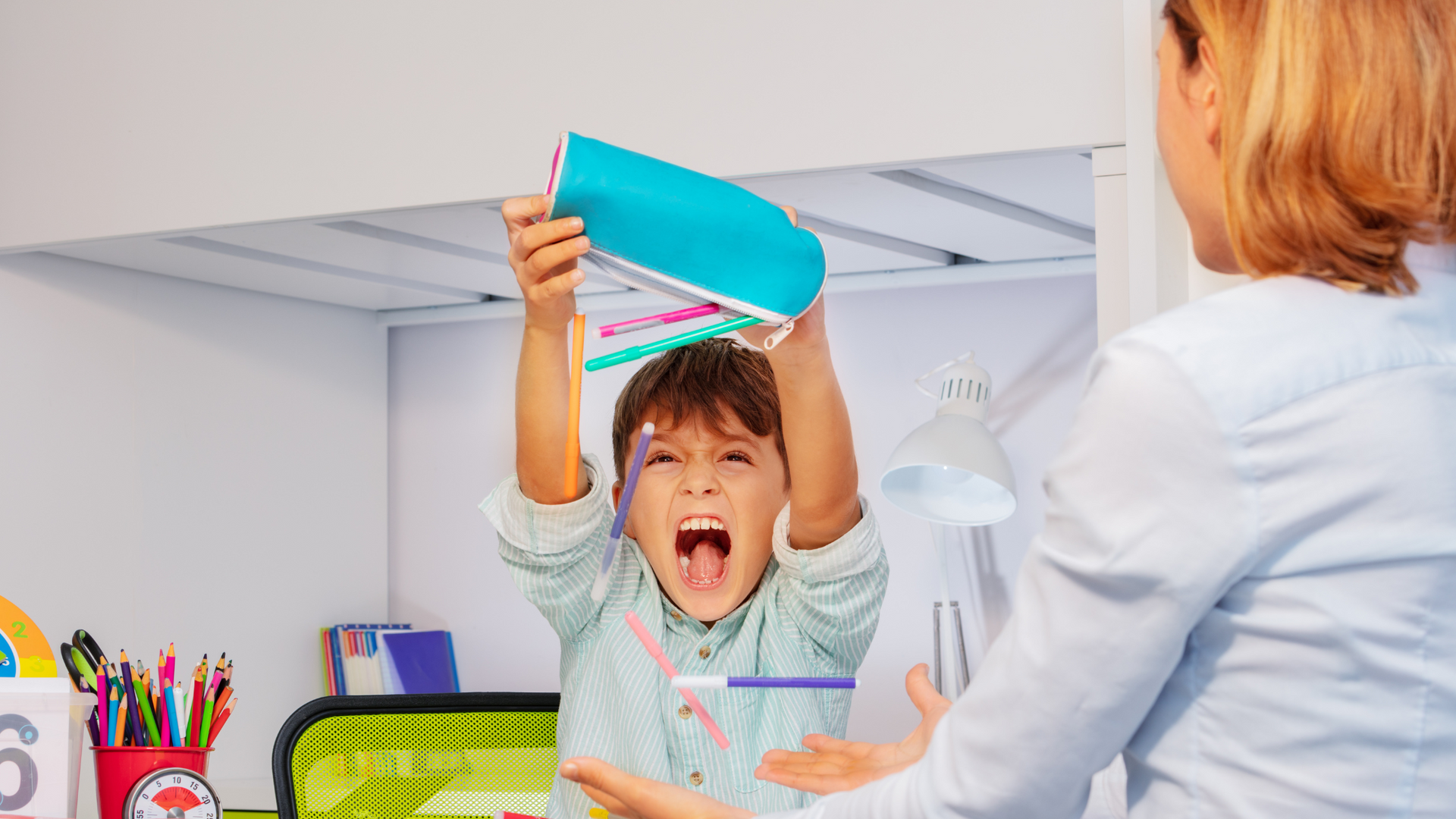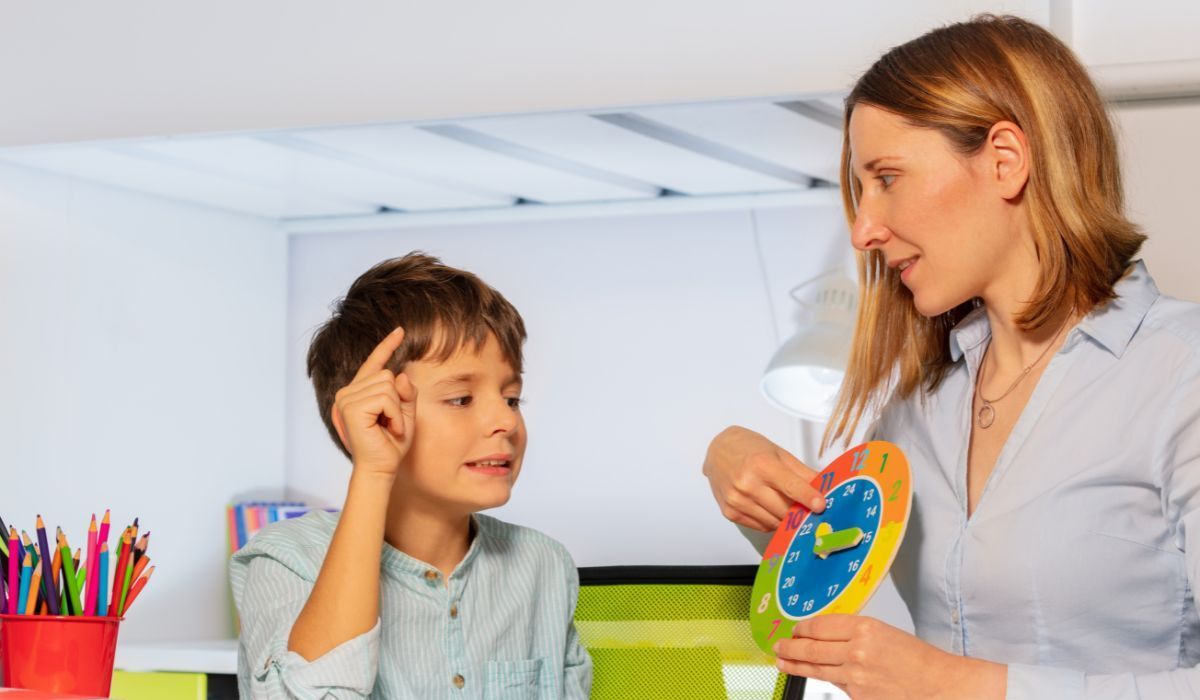How ABA Brings Parents and Children Closer
In the world of childhood development and behavioral health, Applied Behavior Analysis (ABA) has proven to be a powerful tool for promoting positive changes. Beyond teaching life skills and communication strategies, one of the most underrated yet significant benefits of ABA therapy is its ability to strengthen the relationship between parents and their children. ABA therapy for parent-child bonding is not just about the child’s progress; it’s about creating a cohesive family dynamic rooted in trust, understanding, and mutual growth.
This article delves into how ABA serves as a bridge, bringing parents and children closer through structured interventions, practical routines, and shared experiences — transforming not just behaviors, but relationships.
The Foundation of ABA Therapy
ABA, or Applied Behavior Analysis, is a data-driven and evidence-based approach to understanding behavior and learning. It focuses on improving specific behaviors such as communication, social skills, and adaptive learning techniques. What makes ABA unique is its customizable nature — it is designed based on each individual child’s needs, goals, and capabilities.
Families across the country are turning to aba applied behavior analysis to support their child’s development. In states like Maryland, aba agencies Maryland are at the forefront of offering compassionate, in-depth care that involves parents every step of the way.
The Role of Parents in ABA Therapy
A key principle of ABA is that therapy does not happen in isolation. While a trained behavior technician or therapist may guide the sessions, parental involvement is critical for long-term success. Parents are encouraged to be active participants, whether it's by observing sessions, engaging in parent training, or implementing ABA strategies at home.
When parents learn the tools and techniques taught in aba autism therapy, they become more confident in interacting with their child, especially in challenging situations. This shared understanding creates a nurturing and predictable environment, leading to stronger emotional connections.
How ABA Therapy Enhances Parent-Child Bonding
Let’s explore the specific ways in which ABA therapy for parent-child bonding strengthens relationships:
1. Improved Communication
ABA focuses heavily on communication — one of the most critical aspects of any relationship. Therapists teach children how to express needs, emotions, and choices using various strategies including verbal prompts, visual aids, or technology-assisted communication.
When children begin to communicate more effectively, parents feel more connected and in tune with their needs. This mutual understanding eliminates frustration and encourages more positive interactions.
2. Consistency at Home
Parent training is a major component of most ABA programs. By working with trained professionals, parents learn how to implement consistent routines, reinforcement strategies, and positive behavior supports at home.
This consistency builds trust and predictability, allowing children to feel more secure and understood. In turn, parents experience a greater sense of control and confidence, leading to a more harmonious home environment — a foundational element of ABA therapy for parent-child bonding.
3. Increased Positive Interactions
In ABA therapy, one of the goals is to increase the frequency of positive behaviors through reinforcement. For parents, this means more opportunities to praise and celebrate their child’s achievements — no matter how small.
Whether it's maintaining eye contact, completing a simple task, or responding to a question, each milestone is an occasion for shared joy. These moments of positivity accumulate over time and serve as powerful bonding experiences.
4. Reduction in Challenging Behaviors
Through behavior intervention plans, ABA helps reduce behaviors that interfere with learning or socializing. As parents learn effective ways to manage and redirect these behaviors, their interactions with their child become less confrontational and more cooperative.
The reduction of daily struggles means more space for meaningful engagement, making room for activities like play, shared hobbies, and peaceful family routines — all of which promote emotional closeness.
5. Empowering Parents as Advocates
As parents become familiar with ABA principles and data collection, they are better equipped to advocate for their child’s needs in various environments — from school to community settings.
This sense of empowerment strengthens the family unit. Children feel supported and parents experience the satisfaction of actively contributing to their child’s progress. This collaboration is the essence of ABA therapy for parent-child bonding.
Creating Meaningful Family Routines with ABA
ABA programs often include a focus on daily living skills and routines. Families are taught how to use task analysis and reinforcement schedules to teach children how to dress, eat, and participate in chores.
By including parents in these activities, ABA transforms routine tasks into opportunities for connection. Meal prep, bedtime routines, or weekend outings become moments for building trust and celebrating cooperation.
In regions like Maryland, aba autism therapy Maryland services are tailoring their programs to incorporate parents in every aspect of the learning journey — a reflection of ABA's holistic approach.
Emotional Support for Parents
Parenting is already a complex role, and it becomes even more challenging when behavioral concerns arise. ABA doesn’t just focus on the child; it acknowledges the emotional journey of parents as well.
Many ABA programs offer parent support groups, individualized training, and regular progress updates. This structure reduces the feeling of isolation and helps parents develop realistic expectations and coping strategies.
When parents feel supported and capable, they are more emotionally available to their child, further enhancing the bond between them.
Building Trust Through Shared Goals
A major strength of ABA is its focus on goal setting. Each child’s program includes measurable objectives that are developed collaboratively with parents.
When parents and therapists work together toward these goals — celebrating progress and adjusting plans as needed — a powerful alliance is formed. Children observe this teamwork and internalize a sense of security, knowing that their family is united in helping them grow.
This shared vision fosters an environment where emotional bonds thrive.
Long-Term Impact of ABA on Family Relationships
Over time, the benefits of ABA therapy for parent-child bonding extend beyond the immediate household. Improved communication and behavior support better interactions with siblings, extended family, and peers.
As the child becomes more independent and socially engaged, the family unit becomes stronger and more resilient. ABA lays a foundation not just for individual development, but for healthy, enduring relationships within the family.
Why Local ABA Agencies Matter
For families in Maryland, having access to dedicated professionals makes a world of difference. ABA agencies Maryland provide structured, high-quality care while keeping families involved every step of the way.
Whether through in-home sessions or school-based services, the right ABA provider understands the importance of including parents as active contributors to their child’s progress. ABA autism therapy Maryland professionals recognize that therapy should not only help children thrive but also bring families together.
Final Thoughts
ABA therapy for parent-child bonding is more than a clinical process — it’s a deeply relational experience. Through structured support, open communication, and shared victories, ABA helps rebuild and reinforce the emotional connection between parents and children.
When families feel empowered and united, the outcomes are not just academic or behavioral — they are profoundly human.
If you're a parent navigating behavioral challenges, know that you're not alone. ABA therapy offers a proven, compassionate path to not just progress, but connection. With the right guidance, you and your child can grow stronger — together.
About Us
At Able Minds ABA, we’re here to meet your child where they are — at home, at school, or even online. Our services are designed to fit your family’s needs, with the reliability and care you deserve.
Contact us today and take the next step in your journey.
FAQs
What is ABA therapy for parent-child bonding?
ABA therapy for parent-child bonding refers to the use of Applied Behavior Analysis techniques to strengthen emotional and behavioral connections between children and their parents. This approach teaches both the child and parent effective ways to communicate, interact, and support one another, leading to improved family relationships.
How does ABA therapy help parents feel more connected to their child?
ABA therapy involves parents directly in sessions and provides them with strategies to understand and support their child’s behavior. As communication and behavior improve, parents feel more empowered and connected. The shared experiences and progress made through ABA build trust and deepen the emotional bond.
Can ABA therapy be implemented at home to improve family dynamics?
Yes, one of the core benefits of ABA therapy is its adaptability to home environments. ABA professionals often train parents to apply intervention strategies at home. This consistency in routines and reinforcement techniques strengthens the relationship between parent and child in a familiar and supportive setting.
What role do parents play in ABA therapy?
Parents are integral to the success of ABA therapy. They are involved in goal-setting, session observations, progress reviews, and ongoing implementation of strategies. This collaboration enhances the effectiveness of therapy and encourages stronger bonds through consistent and informed parenting.
Are there specific programs in Maryland that support ABA therapy for parent-child bonding?
Yes, many aba agencies in Maryland offer services that include parent training and support as part of their programs. These agencies recognize the importance of building stronger family connections through aba applied behavior analysis and provide customized plans to meet each family’s needs.
How quickly can families expect to see improvements in bonding through ABA therapy?
The timeline for visible improvements varies depending on the child’s needs and the level of parental involvement. However, many families begin to notice more positive interactions, reduced conflict, and better communication within the first few months of consistent ABA therapy.










